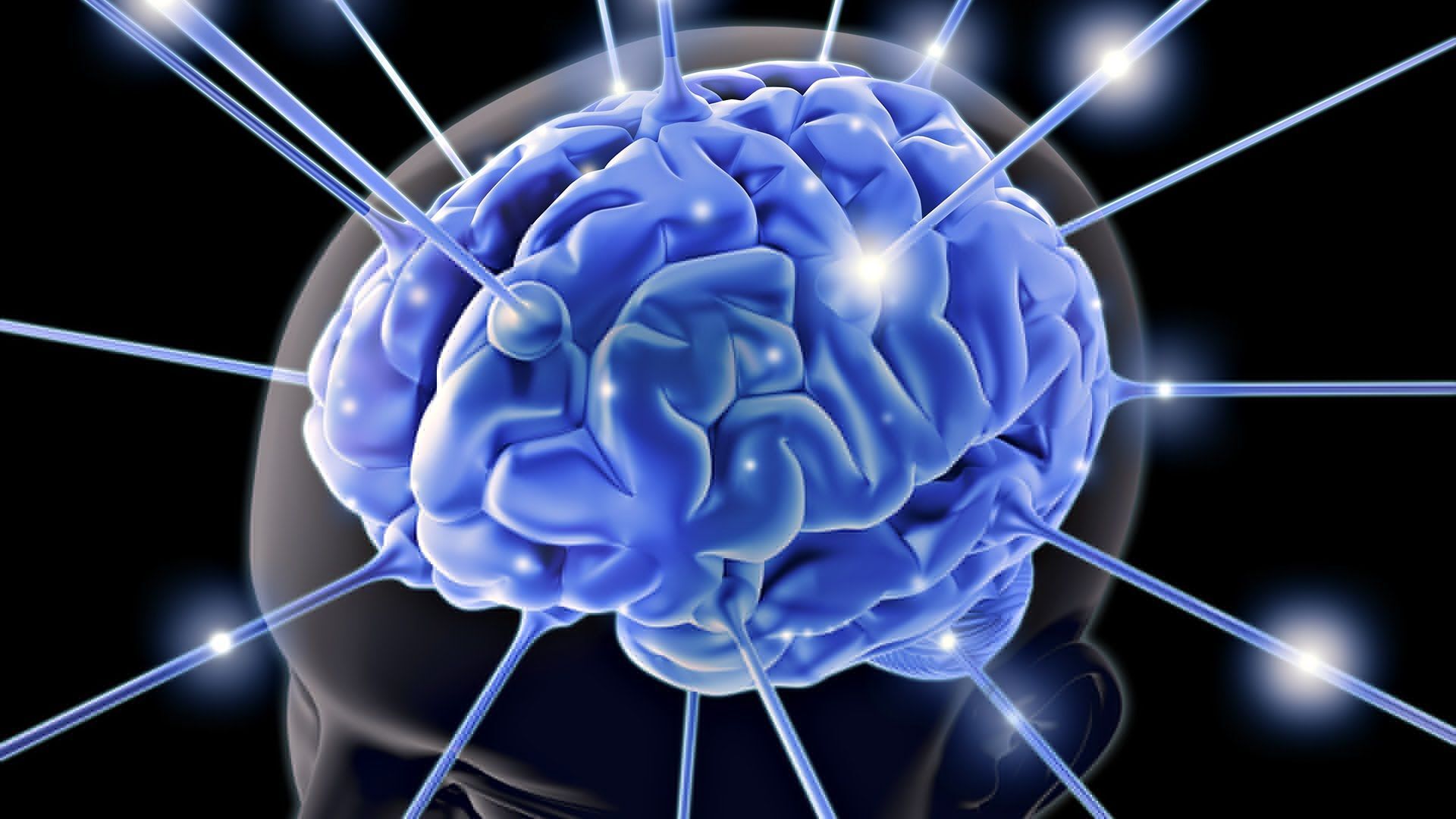https://sputnikglobe.com/20220701/anti-anxiety-medication-can-speed-up-cognitive-decline-study-reveals-1096859499.html
Anti-Anxiety Medication Can Speed Up Cognitive Decline, Study Reveals
Anti-Anxiety Medication Can Speed Up Cognitive Decline, Study Reveals
Sputnik International
In the wake of the coronavirus pandemic, mental health issues like anxiety and depression have become even more acute, with a 2021 study by Lancet finding that... 01.07.2022, Sputnik International
2022-07-01T11:18+0000
2022-07-01T11:18+0000
2022-07-01T11:18+0000
science & tech
cognitive function
anxiety
https://cdn1.img.sputnikglobe.com/img/07e5/06/0a/1083119344_0:0:1920:1080_1920x0_80_0_0_949b393ea2793f06aad2e9a0570e7949.jpg
Anti-anxiety medication can increase the risk of a cognitive decline at an earlier age. A new study conducted by scientists from the Australian Nuclear Science and Technology Organisation (ANTSO) delves into the possible reasons.According to the research, drugs that help you with anxiety may impact the brain's microglial cells, which in turn are connected with the dendritic spines - a vital part of the brain's neurons. They are a key part of the brain that provide energy to the cells. Which is why the impact from anti-anxiety drugs may essentially end up damaging the system that makes sure our brain cells are activated and working.The scientific team focused on microglial cells that are "part of the non-neuronal matrix in which nerve cells are embedded".Having tested diazepam (Valium), one of the most commonly-used anti-anxiety drug, and found that instead of going to the synapses, the medication affected microglia. This result was unexpected, with the drug changing "the normal activity of microglial cells and indirectly the maintenance function that microglia have around synaptic nerve cell connections."The new findings might explain why people who use anti-anxiety medication suffer from fatigue or even dementia, as well as risking to have more severe cognitive issues later in life. With the research shedding light on how the brain's system works with such medication, it could help with developing drugs that won't have after-effects that do not envisage this much potential damage.
Sputnik International
feedback@sputniknews.com
+74956456601
MIA „Rosiya Segodnya“
2022
Sputnik International
feedback@sputniknews.com
+74956456601
MIA „Rosiya Segodnya“
News
en_EN
Sputnik International
feedback@sputniknews.com
+74956456601
MIA „Rosiya Segodnya“
Sputnik International
feedback@sputniknews.com
+74956456601
MIA „Rosiya Segodnya“
science & tech, cognitive function, anxiety
science & tech, cognitive function, anxiety
Anti-Anxiety Medication Can Speed Up Cognitive Decline, Study Reveals
In the wake of the coronavirus pandemic, mental health issues like anxiety and depression have become even more acute, with a 2021 study by Lancet finding that anxiety rates increased more than 20% in 2020.
Anti-anxiety medication can increase the risk of a cognitive decline at an earlier age. A new study conducted by scientists from the Australian Nuclear Science and Technology Organisation (ANTSO) delves into the possible reasons.
According to the research, drugs that help you with anxiety may impact the brain's microglial cells, which in turn are connected with the dendritic spines - a vital part of the brain's neurons. They are a key part of the brain that provide energy to the cells.
Which is why the impact from anti-anxiety drugs may essentially end up damaging the system that makes sure our brain cells are activated and working.
"This observation is important because the long-term use of anti-anxiety medication is thought to contribute to an acceleration of dementia and how that might occur was not known," Richard Banati, a professor at ANTSO, told
Neuroscience News.
The scientific team focused on microglial cells that are "part of the non-neuronal matrix in which nerve cells are embedded".
"This matrix makes up a substantial part of the brain and is actually directly influencing the functioning of neural networks," Banati explained.
Having tested diazepam (Valium), one of the most commonly-used anti-anxiety drug, and found that instead of going to the synapses, the medication affected microglia. This result was unexpected, with the drug changing "the normal activity of microglial cells and indirectly the maintenance function that microglia have around synaptic nerve cell connections."
"It is intriguing to see how the brain's local immune system, of which microglial cells are part, directly participates in the overall functional integrity of the brain," Banati noted.
The new findings might explain why people who use anti-anxiety medication suffer from fatigue or even dementia, as well as risking to have more severe cognitive issues later in life. With the research shedding light on how the brain's system works with such medication, it could help with developing drugs that won't have after-effects that do not envisage this much potential damage.



